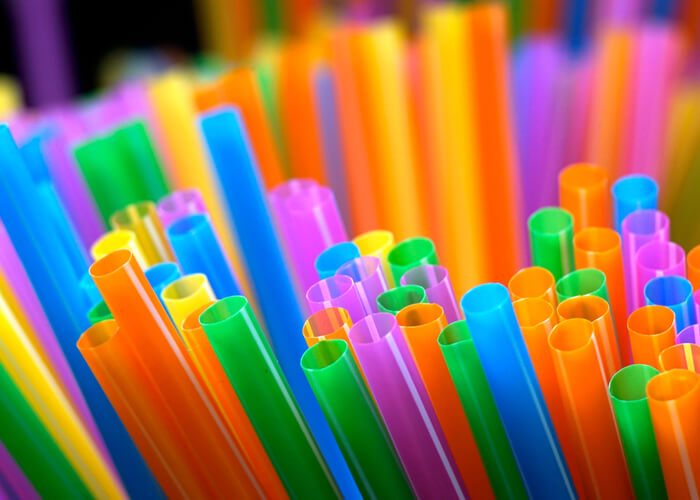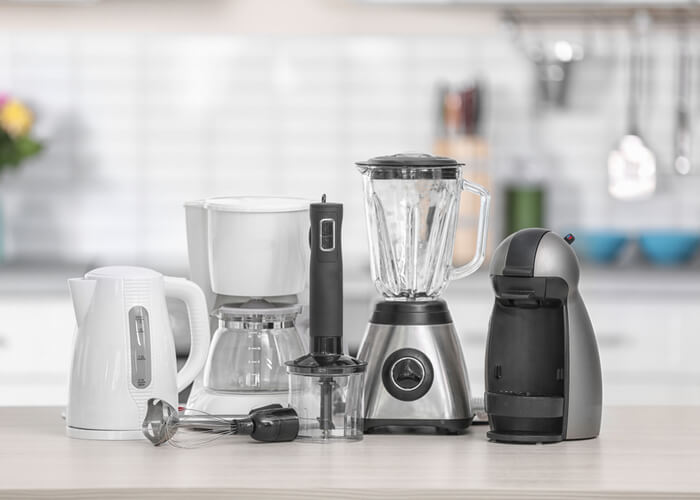Plastic straws seem to be one of the most controversial subjects in the food industry right now. Most people currently treat plastic straws as an environmental issue because they are made from plastic and pollute the environment (pretty self-explanatory). That’s part of the reason you may have noticed this emergence of alternate straw technology; we’re talking about all the bamboo straws, metal straws, artisanal wooden straws, etc. But the world of plastic straws is much more insidious than that. The truth about plastic straws goes deep, and it is not pleasant. Not only are they bad for the environment, they are also bad for your health as well.
The Impact of Straws on the Environment
Plastic is not biodegradable
Although a lot of straws are made using recycled materials, they are still very difficult to recycle. The large majority is not able to be recycled and ends up in landfills. These plastic straws do not break down in the environment and can remain intact for up to 2000 years. Most likely, every straw that you’ve ever used in your entire life is still out there somewhere, biding its time. A habit of carrying your own cutlery, straws and tumbler might help in resolving the issue of overuse of plastics.
Straws pollute the ocean
More than other forms of plastic, straws also end up in the ocean. This is likely due to people going to the beach and drinking juices or aerated drinks out of cartons. They are truly refreshing on the beach, but the plastic straws that end up littering the beaches and subsequently the oceans are not worth it.
Plastic straws use up lots of energy
On an average, a person will consume approximately 38,000 straws over a 60-year period. This equates to about 500 million straws being used every day; that’s a lot of straws. This type of production adds up, especially as far as energy usage. You can’t produce plastic without expending energy, so the less plastic made, the less overall energy spent.
Plastic Straws and Your Health
When you are using a plastic straw, you can never be sure if it is made of BPA free materials. Any plastic that is not BPA free is not safe, especially around hot beverages, as it can leach chemicals into what you are drinking! Also, according to researches, straws can impede oral development in toddlers, so it is best to use a straw less tumbler for your toddlers, one with a soft silicone spout for the tender gums.
Now that you know how these single-use straws are not great for the environment, and you as well, it is now time to shift to sustainable options like a stainless-steel straw. Although a small change, the impact of this change on the environment and your health is considerable.





